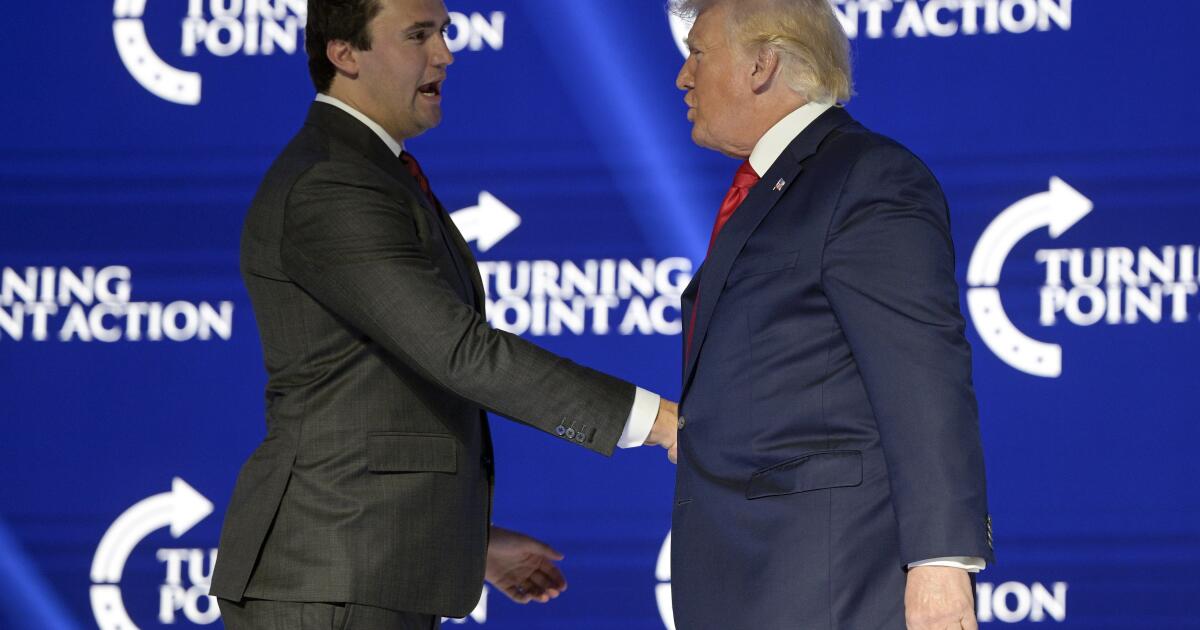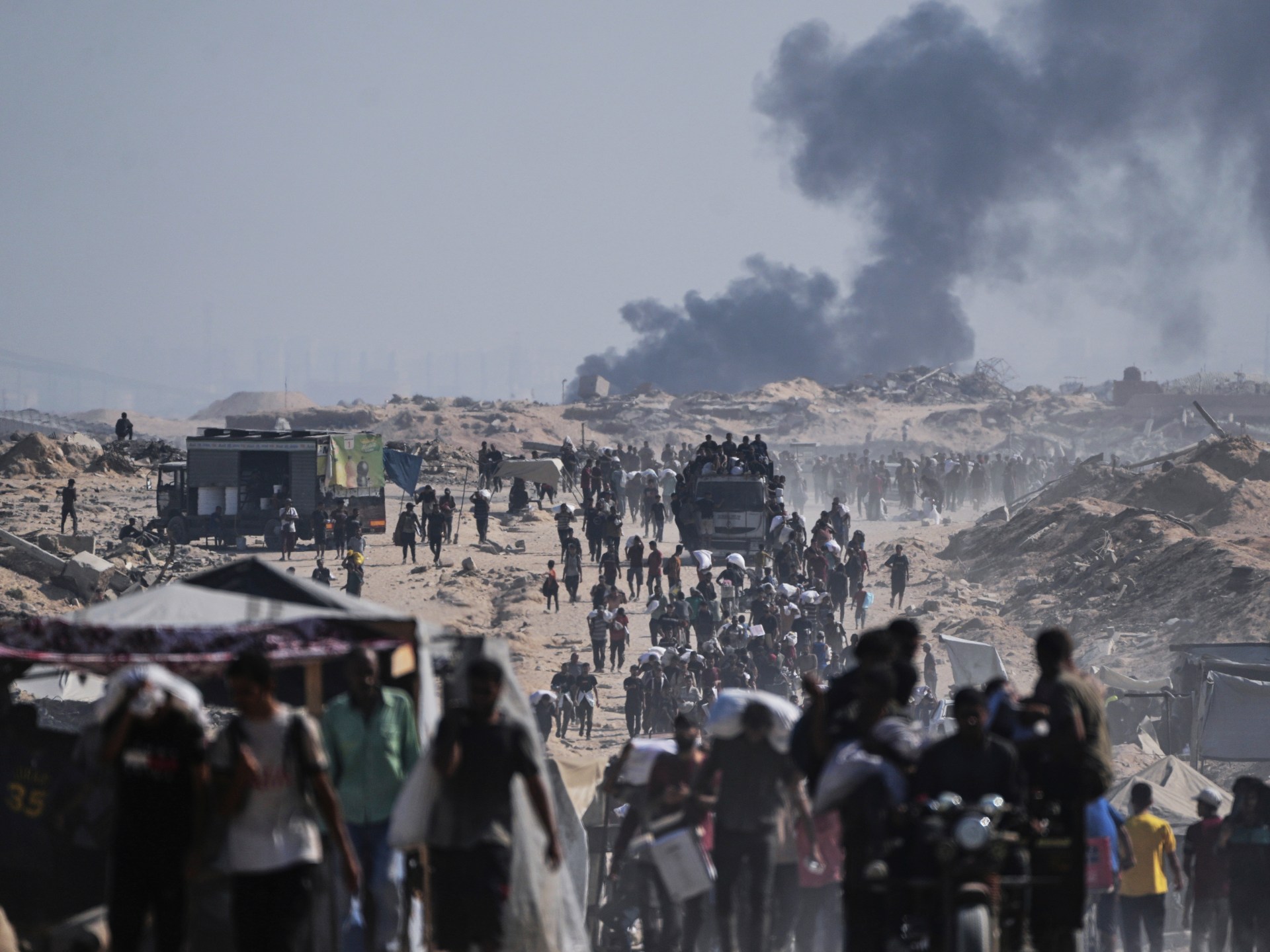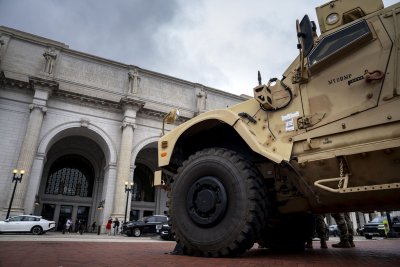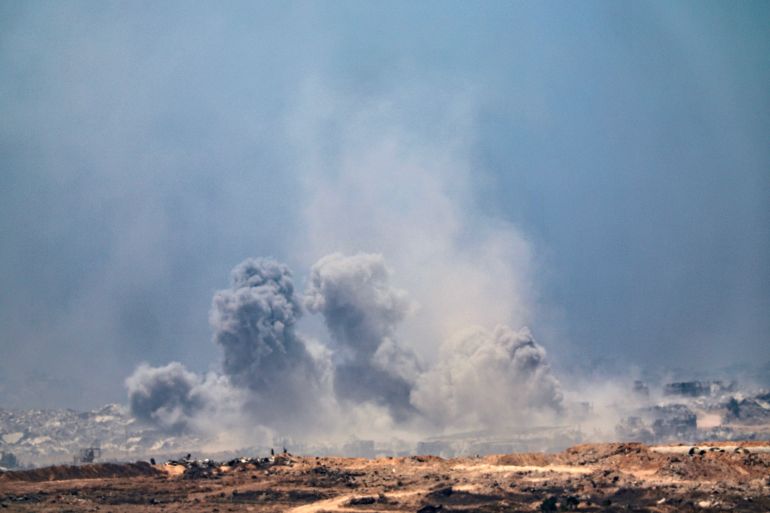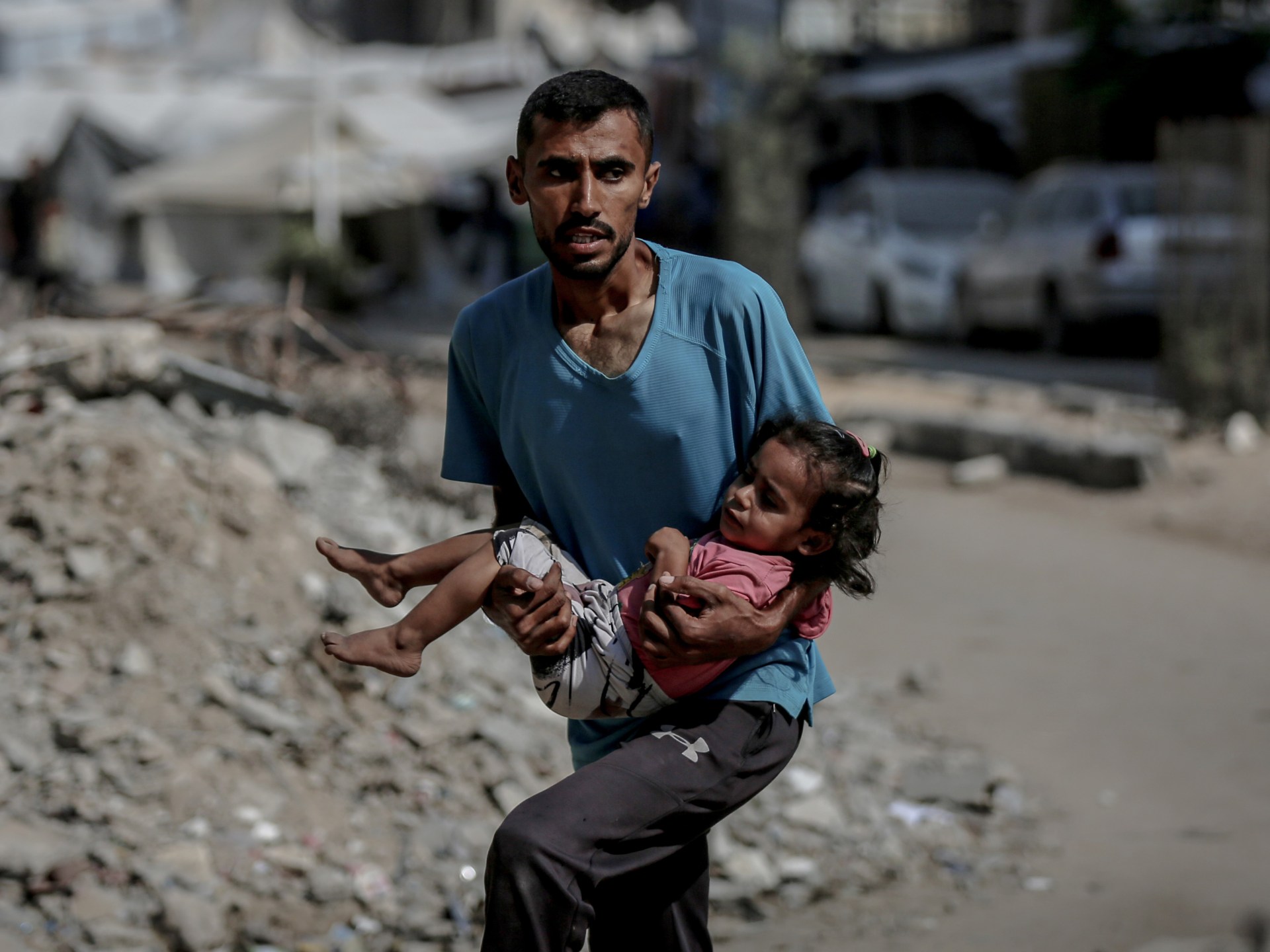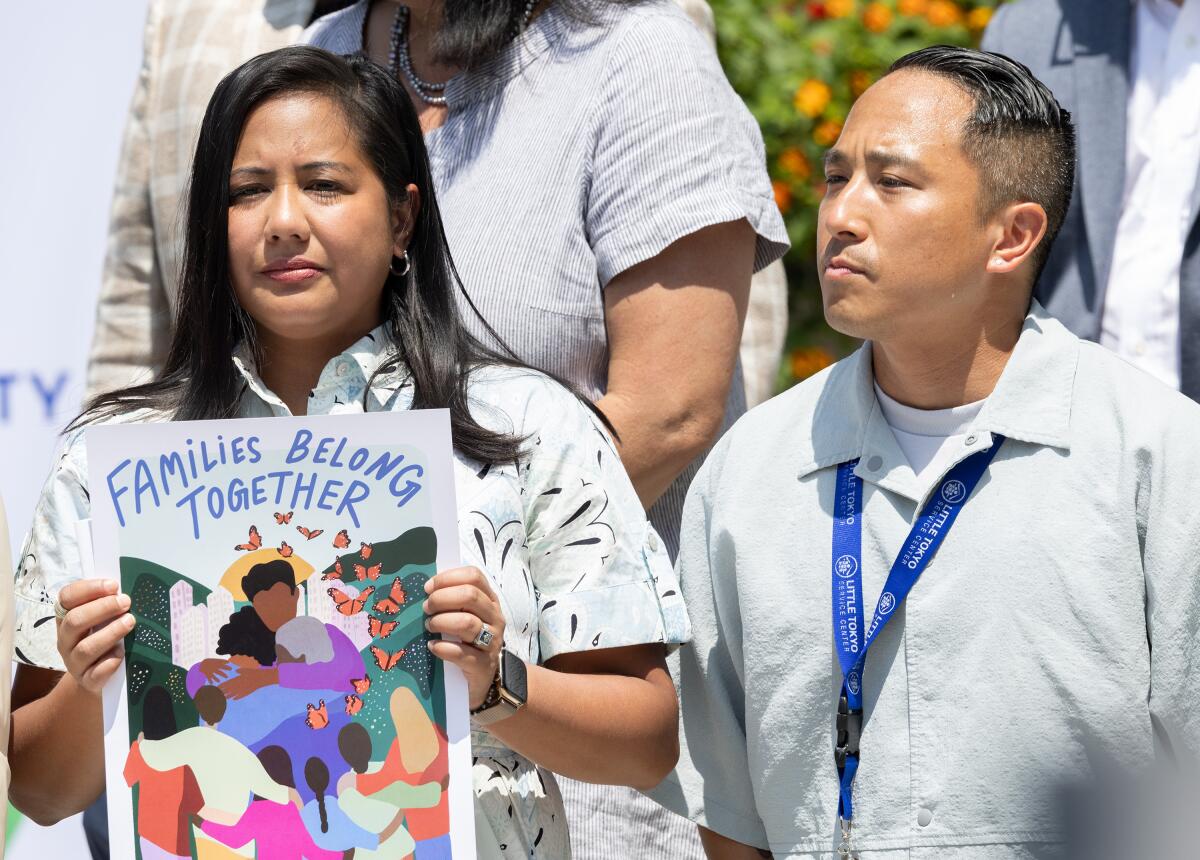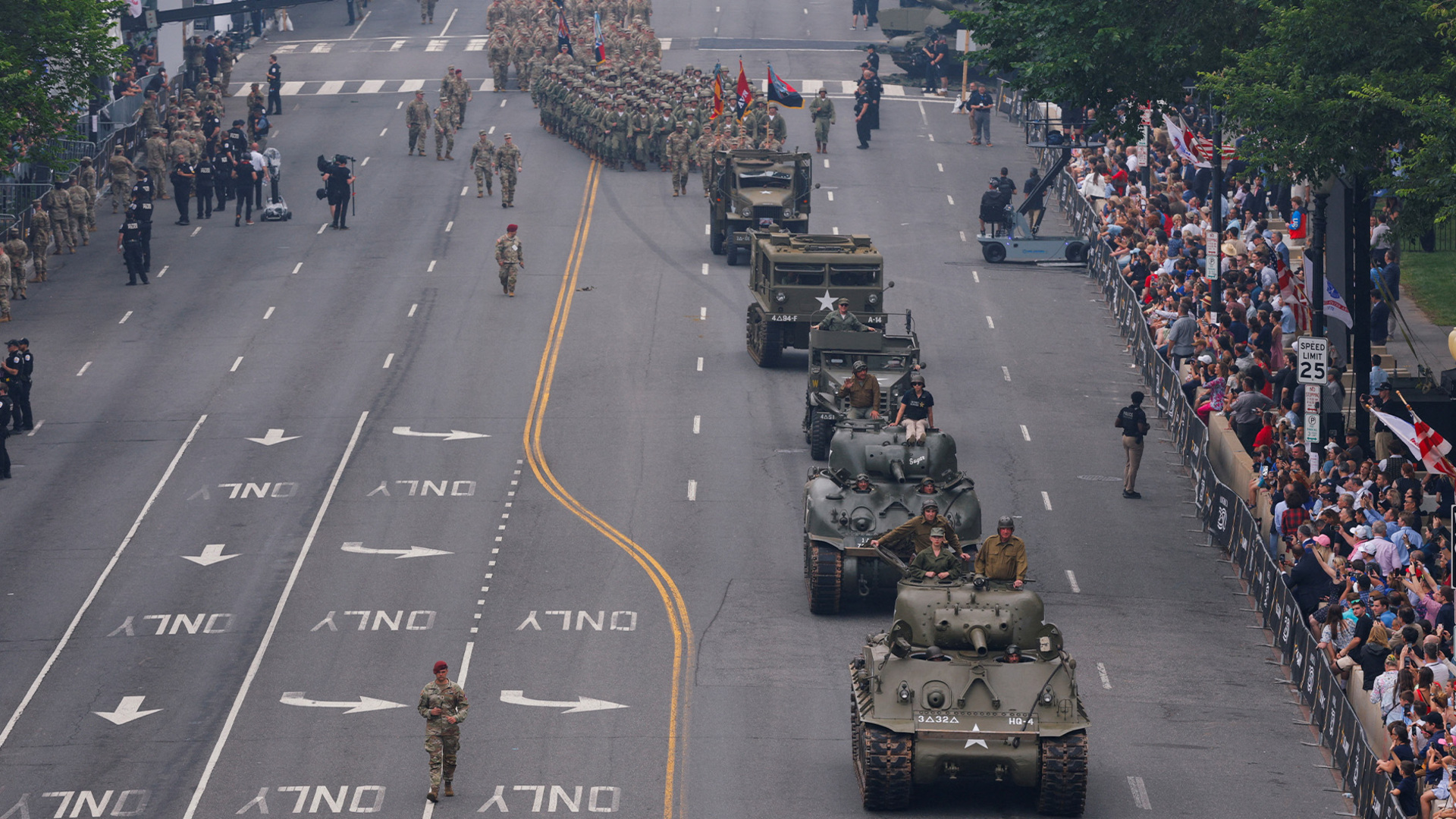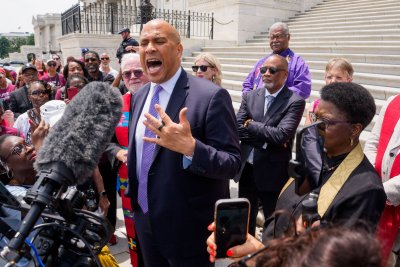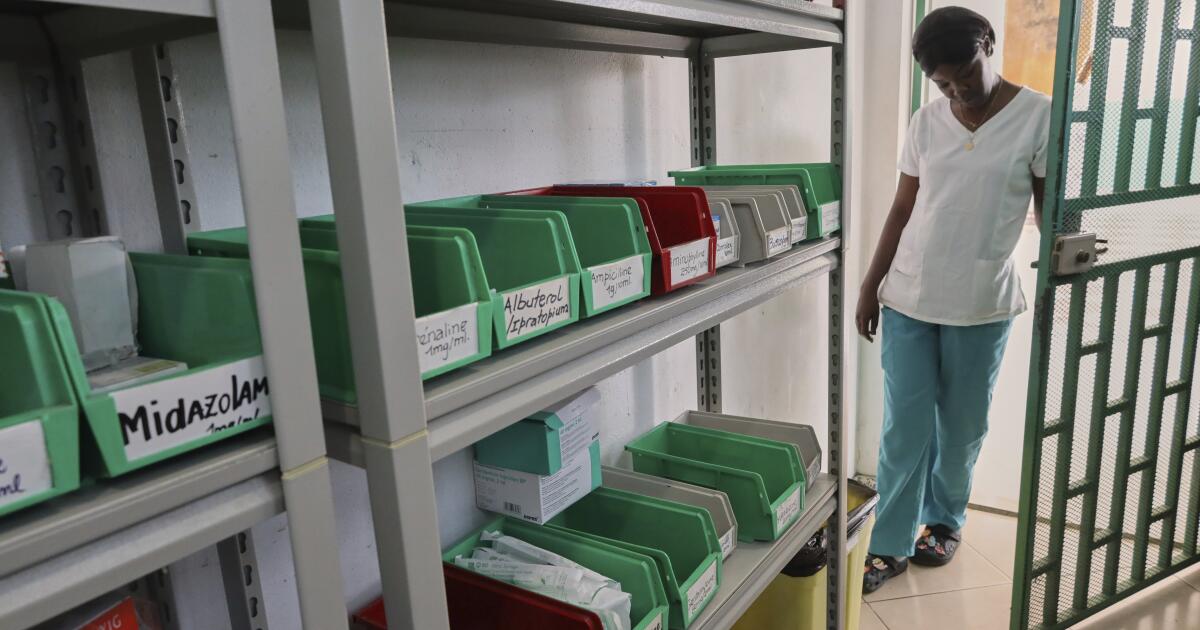Mass protests from Amsterdam to Istanbul denounce Israel’s Gaza genocide | Israel-Palestine conflict News
Hundreds of thousands across Europe and the Middle East marched against Israel’s ongoing genocide in Gaza.
Hundreds of thousands of people have poured onto the streets across Europe, demanding an end to Israel’s two-year war on Gaza that has killed more than 67,000 Palestinians and left the enclave on the brink of famine.
The largest protest took place in the Netherlands, where around 250,000 people filled Amsterdam’s Museum Square on Sunday before marching through the city centre. Draped in Palestinian flags and dressed in red, demonstrators demanded that their government take a harder line against Israel and stop arms exports to the occupying power.
Recommended Stories
list of 3 itemsend of list
“The bloodshed must stop – and that we unfortunately have to stand here because we have such an incredibly weak government that doesn’t dare to draw a red line. That’s why we are here, in the hope that it helps,” said protester Marieke van Zijl, the Associated Press reported.
The protest came less than a month before national elections, adding pressure on Dutch leaders who have long backed Israel. Foreign Minister David van Weel said on Friday that it was “unlikely” the government would approve the export of F-35 fighter jet parts to Israel amid mounting public anger.
Amnesty International, one of the protest organisers, urged European governments to act decisively. “All economic and diplomatic means must be used to increase pressure on Israel,” said spokesperson Marjon Rozema.
![Demonstrators take part in a rally in solidarity with Palestinians and to protest against the interception by the Israeli navy of the Global Sumud Flotilla, with the New Mosque in the background, in Istanbul, on October 5, 2025. [Yasin Akgul/AFP]](https://www.occasionaldigest.com/wp-content/uploads/2025/10/000_77RF2CT-1759681581.jpg)
‘Gaza is the biggest graveyard of children’
While the Netherlands saw the biggest turnout in Western Europe, Turkiye hosted one of the most striking shows of solidarity.
In Istanbul, vast crowds marched from the Hagia Sophia mosque to the banks of the Golden Horn, where boats decorated with Turkish and Palestinian flags awaited them.
Demonstrators, many fresh from midday prayers at the mosque, called for Muslim unity in confronting Israel’s assault.
In Ankara, protesters waved flags and held banners denouncing Israel’s actions. “This oppression, which began in 1948, has been continuing for two years, turning into genocide,” said Recep Karabal of the Palestine Support Platform in the northern city of Kirikkale.
Support for Palestine runs deep in Turkiye, where President Recep Tayyip Erdogan has emerged as one of Israel’s fiercest critics, accusing Tel Aviv of committing war crimes in Gaza.
On Saturday, Turkish journalist and Gaza Sumud Flotilla participant Ersin Celik told local media outlets he witnessed Israeli forces “torture Greta Thunberg”, describing how the Swedish activist was “dragged on the ground” and “forced to kiss the Israeli flag”.
![Thousands of people marched through central Barcelona on Saturday in solidarity with Gaza, calling for an end to the arms trade and all relations with Israel on October 04, 2025. [Lorena Sopena/Anadolu Agency]](https://www.occasionaldigest.com/wp-content/uploads/2025/10/AA-20251004-39310558-39310542-OVER_70000_MARCH_IN_BARCELONA_FOR_GAZA_ORGANIZERS_CLAIM_300000-1759655.webp)
Similar rallies were held across the region. In Sofia, Bulgarians carried placards reading “Gaza: Starvation is a Weapon of War” and “Gaza is the Biggest Graveyard of Children”. Protester Valya Chalamova said, “Our society – and the world – needs to hear that we stand with the Palestinian people.”
In Morocco’s capital Rabat, crowds burned an Israeli flag and called on their government to reverse its 2020 decision to normalise ties with Israel. Protesters also demanded the release of Moroccan human rights defender Aziz Ghali, detained by Israel after joining the flotilla aiming to break the blockade on Gaza.
Across Spain, smaller rallies followed massive demonstrations in Madrid, Rome, and Barcelona a day earlier, with marchers carrying white bundles symbolising the bodies of Gaza’s children.
Hamas said it had accepted parts of a ceasefire plan proposed by US President Donald Trump, though much of Gaza remains in ruins and under siege.
